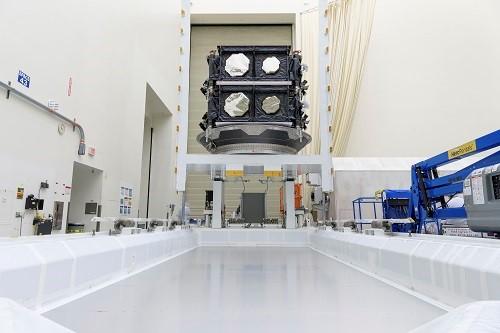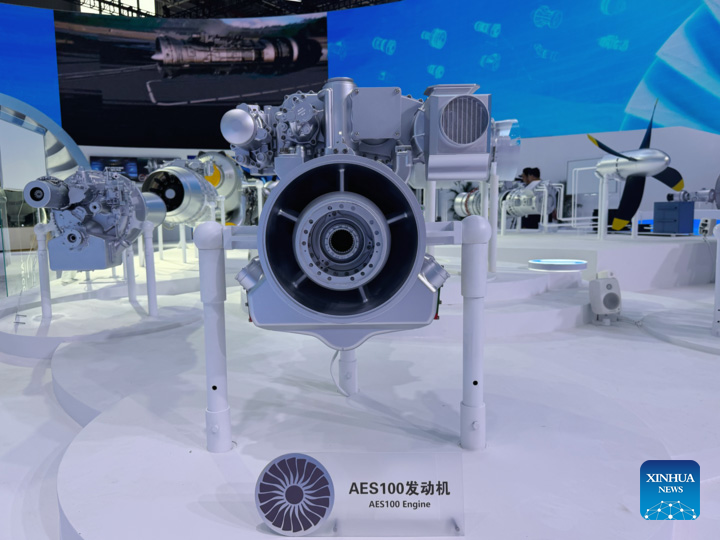As the aviation industry grapples with the pressing need to address climate change, sustainability has become a central focus for airlines and related sectors worldwide. With growing environmental concerns and stricter regulations, the industry is under immense pressure to innovate and reduce its carbon footprint. In this context, artificial intelligence (AI) is emerging as a powerful tool to drive sustainable practices and transform the future of aviation.
The integration of AI into aviation goes beyond improving operational efficiency; it offers a pathway to a more sustainable future. From optimising fuel consumption to reducing in-flight waste and enabling eco-conscious travel decisions, AI is revolutionising how the industry approaches sustainability.
Airlines are now able to leverage AI to accurately measure and manage their environmental impact, predict outcomes, and implement control mechanisms that align with their sustainability goals.
Tata Consultancy Services (TCS) is helping airlines achieve sustainability goals while also empowering travellers to make eco-conscious choices. Their approach to sustainability in aviation is built on three key pillars: discovery, prediction, and control.
“You cannot control what you cannot measure,” Arun Pradeep, Head of the Europe and Middle East Travel and Logistics Business Unit at TCS, emphasised.
“We use AI to power all these elements to drive sustainability.”
Practical applications
TCS’s commitment to sustainability is not just theoretical. The company has implemented several AI-driven solutions that are already making a tangible impact. One such solution focuses on reducing food wastage on flights.
“We combine AI with computer vision technology to monitor and optimise the amount of food loaded onto each flight,” Pradeep said.
Another innovative solution is TCS Clever Energy, which optimises energy consumption in buildings and facilities. By analysing patterns in electricity usage, the solution provides recommendations on how to reduce consumption, thereby lowering both costs and environmental impact. “It’s a combination of sustainability and cost optimisation,” Pradeep remarked.
While the potential of AI in driving sustainability is vast, the implementation process is not without challenges. The most significant hurdle, according to Pradeep, is managing the vast amounts of data required to power AI systems. “AI is dependent on a lot of data—historical, real-time, and from various sources,” he explained.
To address these challenges, TCS has developed proprietary tools such as TCS Datom, which assesses the maturity of available data, and TCS Dexam, a data marketplace that facilitates data exchange and harnessing. “These tools, combined with our strong airline data knowledge and expert consultants, enable us to deliver solutions that are tailored to our customer’s specific needs,” Pradeep added.





